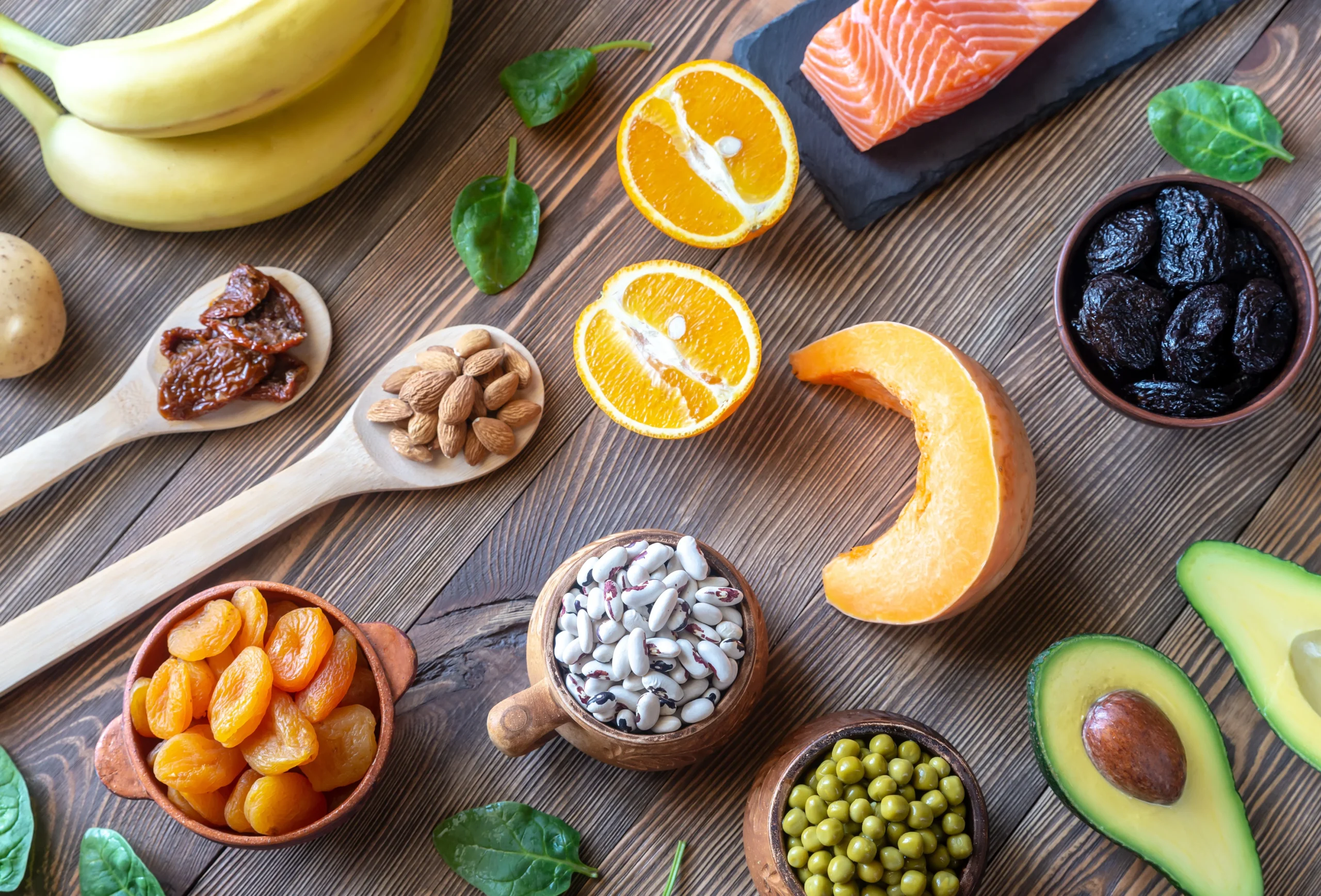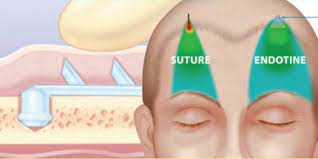Potassium is one of the most important nutrients our body requires to survive. It is a mineral and an electrolyte, the function of which is to help your muscles work, including the muscles that control your heartbeat and breathing. The most common source of potassium is the food you eat. Your body uses the potassium it requires, after which the kidneys remove the extra amount from the blood. When you have kidney disease, the kidneys fail to remove it in the right way, which means too much potassium may stay in your blood.
Excessive potassium in the blood is called hyperkalemia (high potassium). The condition may be dangerous. In the worst-case scenario, it may lead to heart attack or even death. Unfortunately, many people do not experience the symptoms of this condition until it is too late, and their health begins to worsen.
If you have kidney disease, you may be at a risk for high potassium. It means that:
- Your kidneys are unable to remove extra potassium from the blood.
- Instead of leaving the body through urine, the extra potassium travels through the kidneys back to your bloodstream.
- Over time, more and more potassium may build up in your blood.
What are the Causes of High Potassium?
Some of the most common causes of high potassium may be the following, especially if you have kidney disease:
- Consuming more high-potassium foods
- Using a salt substitute containing potassium
- Frequent episodes of constipation
- High blood sugars
- Missing dialysis treatment
- Taking medicines or herbal supplements
- Some blood pressure medicines, such as ARBs and ACE inhibitors.
What are the Symptoms of High Potassium?
Many people do not experience the symptoms of high potassium in the first place. That said, it is vital to be watchful about the following:
- Frequent episodes of tiredness or weakness
- Feeling sick in the stomach
- Muscle pain or cramps
- Chest pain and trouble breathing
- Unusual heartbeat
How to Manage your Potassium levels through Diet?
While you can use medication to manage potassium levels, it is always advisable to opt for more natural means to address the condition. A healthy, balanced diet is the best way to regulate all the nutrients in your body, including potassium. Here are the food items to include in your diet to manage potassium levels.
Fruits
Fruits are the superfoods that help balance nutrient levels in your body. If the potassium levels are high, you can opt for low-potassium fruits, including apples, blueberries, blackberries, strawberries, raspberries, cherries, grapes or grape juice, cranberries, pineapple, mandarin, watermelon, grapefruit, plum, tangerine, peaches, etc. You can either eat them raw or make juice.
Vegetables
Adding low-potassium vegetables to your daily diet is a natural way to regulate its levels throughout the body and keep your health in check. You can include vegetables like pas, green beans, alfalfa sprouts, green or red cabbage, raw white mushrooms, cucumber, eggplant, kale, lettuce, onions, peppers, parsley, radish, zucchini, rhubarb, watercress, asparagus, celery, and fresh corn.
Protein Sources
Besides fruits and vegetables, potassium levels in the body may be managed through a protein diet. Add the essentials like eggs, canned tuna, and cheese, and you will notice the changes.
Carbohydrate Sources
Similar to protein, you can manage potassium levels through carbohydrates. Low-potassium foods rich in carbohydrates include white bread, white rice, white pasta, and corn products.
Drinks and Snacks
Some drinks and snacks, including rice milk, coffee, tea, sparkling water, cakes and pies without chocolates or fruits high in potassium, and cookies without nuts or chocolates, can be a part of your diet to keep a check on the potassium levels.
Other Tips and Suggestions to Manage Potassium Levels
- Eating too much potassium-rich food is harmful; however, having too little may lead to problems as well. It is, therefore, suggested to find the right balance between the two. Understand how much of the nutrient is required by your body and then add it accordingly.
- Certain salt substitutes are high in potassium. Do not take such substitutes, especially if you have kidney disease.
- Avoid herbal remedies or supplements as they may have ingredients that raise potassium levels.
- Some water pills or potassium binders are also helpful in managing potassium levels in your body. However, do not consume them if not suggested by your doctor. Water pills work by making your kidney create more urine, and potassium is removed through it. On the other hand, potassium binders come in the form of a powder. You can mix them with a small amount of water and take them with food. When swallowed, they bind to the extra potassium in the bowels and remove it.
- Always take medication after discussing it with your healthcare provider, or they may do more harm than good. Finding a good kidney specialist is a hassle on its own but KST can help you find the right kidney specialist in no time. Their vast directory of thousands of doctors and healthcare specialists, helps you find the right person under your budget.
Takeaway
Monitor the levels of potassium in your body from time to time. If you experience symptoms of high potassium, reach out to the doctor and follow the diet and medication they recommend.
Keep an eye for more news & updates on Gossips.Blog!




